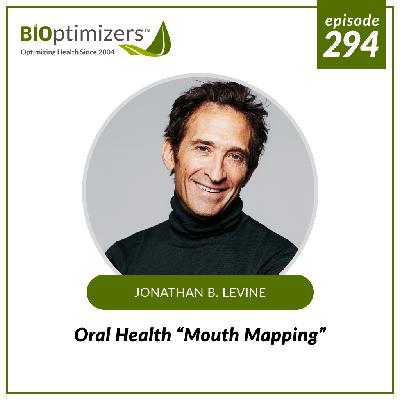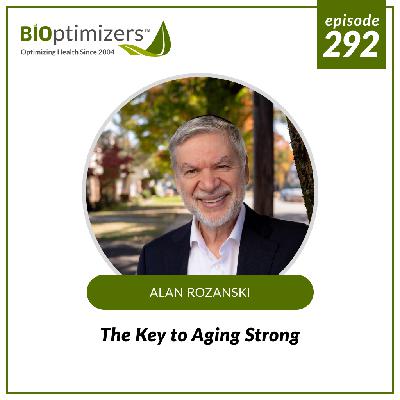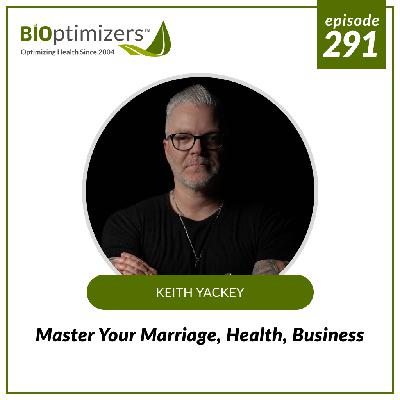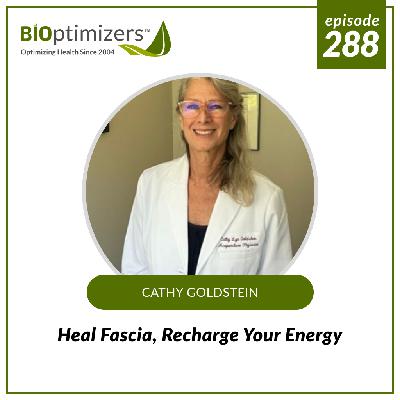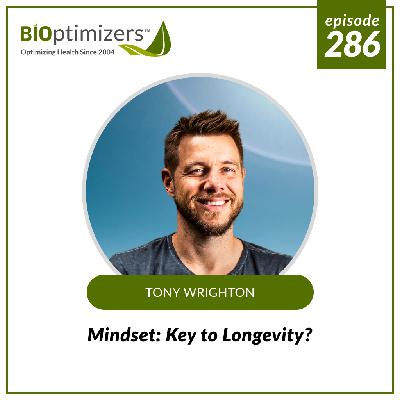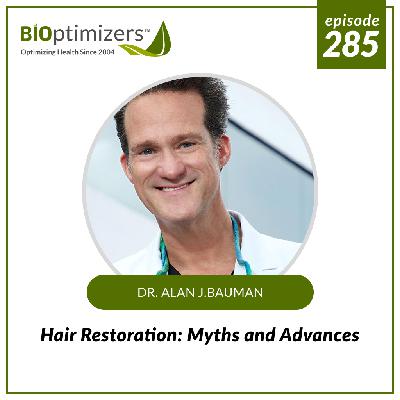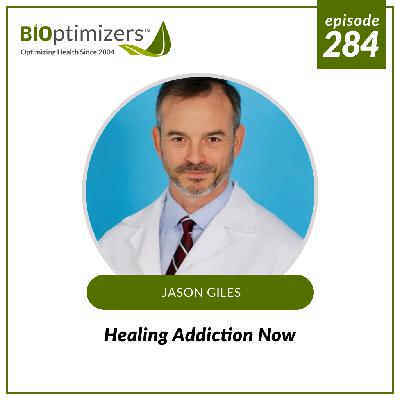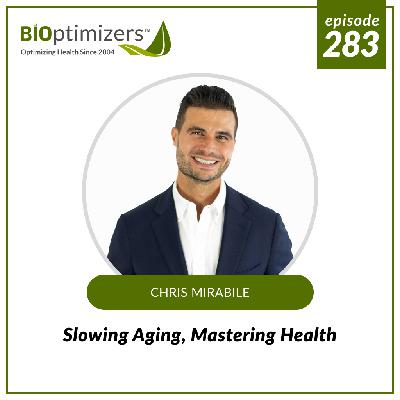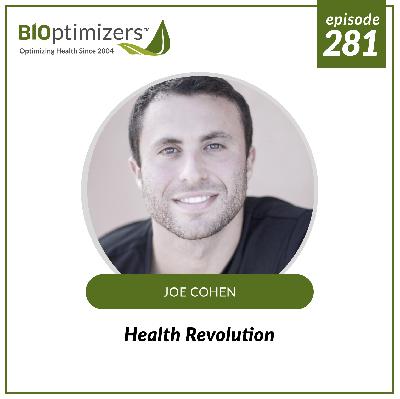293: Not Willpower, Your Roots - with Amber Romaniuk
Description
It is a staggering statistic that an estimated 90% of women and up to 50% of men in North America struggle with binge and emotional eating. For those caught in this exhausting cycle—marked by shame, frustration, and the feeling of being completely out of control—the common response is often another diet, followed by self-blame for lacking willpower.
However, according to emotional eating and hormone expert Amber Romaniuk, focusing on willpower is exactly the wrong approach. Individuals are attempting to fix a deep, multi-layered issue with a surface-level solution. The true healing, she explains, requires digging deeper to uncover the root causes.
The Real Root Causes
Amber Romaniuk, drawing on her own challenging journey of gaining and losing over a thousand pounds, identifies two critical areas often overlooked: deep-seated emotional roots and the powerful influence of hormones. For many, the pattern of using food as a coping mechanism begins very early, often stemming from personal trauma or a pervasive feeling of not being safe or heard.
Amber shares her own "origin story" of being bullied and called "fat and ugly" on the bus when she was five years old. This type of wounding, combined with growing up in a home with unprocessed grief and stress, can place the body into chronic survival mode, where food becomes a source of comfort. She explains, "I was in survival mode from a very young age."
The Industry Trap
This personal vulnerability is then exploited by a culture that profits from insecurity. Amber notes the irony that the diet, weight loss, food, and Hollywood media industries are the ones that created the problem by conditioning women and men to feel insecure and believe they must be "as skinny as possible." These same industries then sell the "solution"—diets, restriction, and over-exercise.
This creates a trap: either complete loss of control with food or trying to grip control through restriction. The restriction inevitably leads to a binge, reinforcing the false belief that the individual is the failure, not the system. Amber is clear that this struggle has nothing to do with willpower; these are the "lies that were sold by the industry."
How Hormones Fuel the Binge
If cravings feel like a separate, uncontrollable force, it is often because they are deeply physiological, not just psychological. Our hormones and neurotransmitters play a massive role in driving emotional eating behaviors.
Amber discovered this firsthand when her own extreme dieting and over-exercising pushed her into being "post-menopausal at 24." Understanding how internal chemistry becomes a primary trigger is crucial for healing.
Stress and Chemical Depletion
A common trigger is stress, which leads to high cortisol levels. When a person is caught in a cycle of restriction and self-loathing, the body is in a constant state of stress, which skyrockets cortisol. High cortisol doesn't just increase stress; it increases ghrelin, a hormone that makes you more hungry and causes you to feel less full more easily, often leading to a sensation described as having a "hollow leg."
Furthermore, especially for women, low progesterone significantly impacts neurotransmitter levels, including lower dopamine, serotonin, GABA, and oxytocin. This leads to poor sleep and heightened sugar cravings. When this occurs, the body is not simply "craving" sugar; it is "screaming for dopamine and serotonin," and sugar is the quickest way to get that hit. The person is "depleted in dopamine and serotonin," which fuels the addiction.
The Path to Root Cause Healing
Understanding these deep roots is the first step toward freedom. This knowledge shifts the conversation from self-blame ("What's wrong with me?") to validation ("What's happening to me?").
The path to healing focuses on "root cause healing," which involves processing stored trauma, healing the wounded inner child, and rebalancing the hormones that push the body into panic mode. This validation—realizing that physiological and emotional pieces are fueling the problem—is very liberating, providing more answers and information for true recovery. Know that you are not alone and you are not broken.
In this podcast, you'll discover:
-
Emotional eating affects an estimated 90% of women and up to 50% of men in North America.
-
The root causes of emotional eating are deep-seated emotional issues and powerful hormonal influences.
-
Early childhood trauma, such as bullying, can place the body into survival mode where food provides comfort.
-
Diet and media industries profit by conditioning insecurity and selling restrictive solutions that fuel the binge/restriction cycle.
-
High cortisol levels caused by stress increase ghrelin, the hormone that causes persistent hunger and a feeling of being less full.
-
Healing begins with validating the problem by shifting from self-blame to understanding the physiological and emotional triggers.
EPISODE RESOURCES:
Schedule a Complimentary Body Freedom Session





